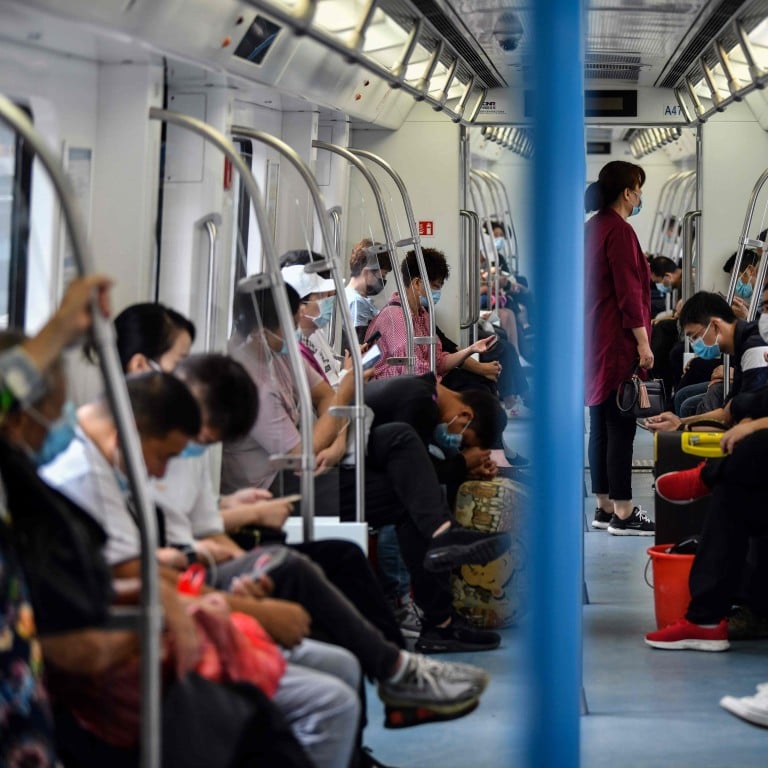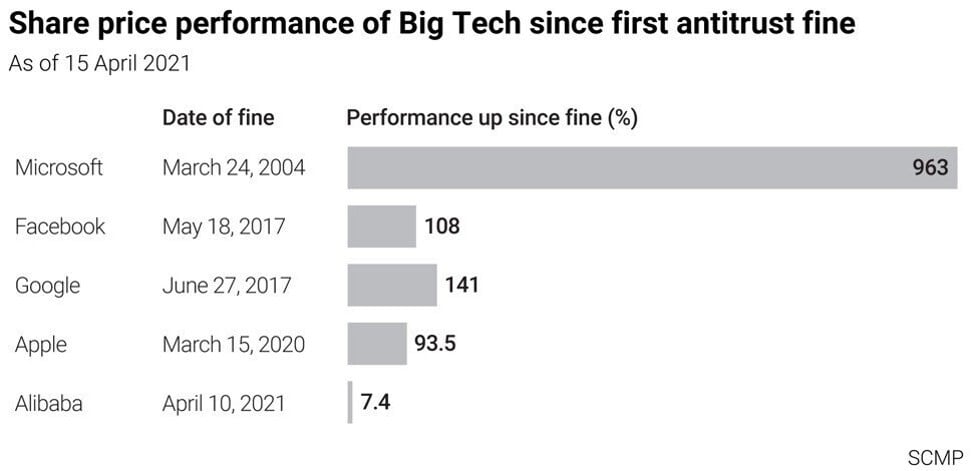
China calls out ByteDance, Kuaishou, and LinkedIn for illegal data collection
- 105 apps, including some of the country’s most popular short video platforms, were put on notice by the Cyberspace Administration of China
- The internet watchdog found the apps were illegally collecting and misusing personal data
The Cyberspace Administration of China (CAC) said that after receiving complaints from users, it had found that 105 apps had violated several laws and had infringed personal information through illegal access, over-collection and excessive authorisation, according to a notice on its WeChat official account.
Short video apps including Kuaishou and ByteDance-owned TikTok were included in the list as well as Microsoft-owned LinkedIn and Bing, Tencent-owned music streaming service Kugou, and search giant Baidu’s mobile browser.
Nailing Jell-O to the wall: new rules reveal China’s vision for internet control
All 105 apps have 15 working days to rectify the violation.

The regulations on necessary personal information for mobile internet applications covers the basic functions and services for 39 app categories, including messaging, online shopping, payments, ride hailing, short video, live streaming and mobile games.
Beijing has been working to stamp out personal privacy breaches in the world’s largest internet market, with nearly 1 billion users. The government last year drafted the Personal Information Protection Law, which sets fines of up to 50 million yuan (US$7.7 million), or 5 per cent of a company’s annual revenue, for such offences.
Tencent and Alibaba were also among the country’s major internet firms fined for failing to disclose deals in violation of China’s anti-monopoly law since last year.

